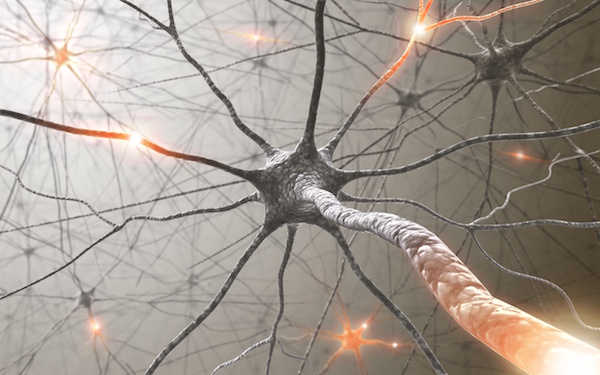
MONDAY, Nov. 19 (HealthDay News) — Newborns who weigh around 9 pounds or more at birth tend to have bigger brains as teens than those who weigh less at birth, a new study finds.
Although the differences in brain size may affect brain development in childhood, the full scope of those effects still isn’t known, the researchers added.
“It has been well known for some time that premature birth and very low birth weight can affect brain development,” said study author Kristine Beate Walhovd, a professor of neuropsychology at the University of Oslo in Norway. “This study shows that also normal variation in birth weight is predictive of brain characteristics many years later.”
Some of the brain areas that were affected by birth weight were where information processing takes place, Walhovd said.
“Although there was a relationship between such brain function and those areas of the brain, we did not find a connection between birth weight and the ability to process data,” she said. “It is likely that the relation between birth weight and later brain characteristics is associated with normal genetic differences in growth, and these differences [in size] are not associated with brain function.”
The findings also underscore the importance of prenatal and postnatal characteristics on brain development for the life span of individuals, Walhovd said. “This also means that a significant portion of the differences observed in adults were there early on,” she said.
One expert was skeptical about the importance of brain size.
“I don’t believe the findings of this study are significant,” said Rose Alvarez-Salvat, a pediatric psychologist at Miami Children’s Hospital.
Alvarez-Salvat said there are too many variables to take into account how brain size can be meaningful, especially among normal weight infants and those born at full-term.
“Very low birth weight babies can have developmental problems in terms of attention, memory and concentration,” she said. “If you are looking at a normal group in terms of birth weight — 6 pounds and up — you are always going to find a lot of variation.”
The report was published online in this week’s issue of the journal Proceedings of the National Academy of Sciences.
For the study, Walhovd’s team compared brain structures with birth weight in more than 600 teens. To find out if these differences in brain size had an effect on brain function, participants were given standardized tests.
The researchers found that children who weighed more as babies had larger surface area in many regions of the brain and bigger brains than babies who weighed less. These results remained even after the researchers took into account age, sex, household income and family genetics.
Some of the brain areas that appeared to be most related to birth weight are partly responsible for resolving what are called cognitive conflicts, which has to do with the brain’s ability to process information and make judgments.
Although there was a link between brain function and these areas of the brain, there was no connection between birth weight and overall brain functioning, the researchers noted.
More information
For more on childhood development, visit the U.S. Centers for Disease Control and Prevention.

